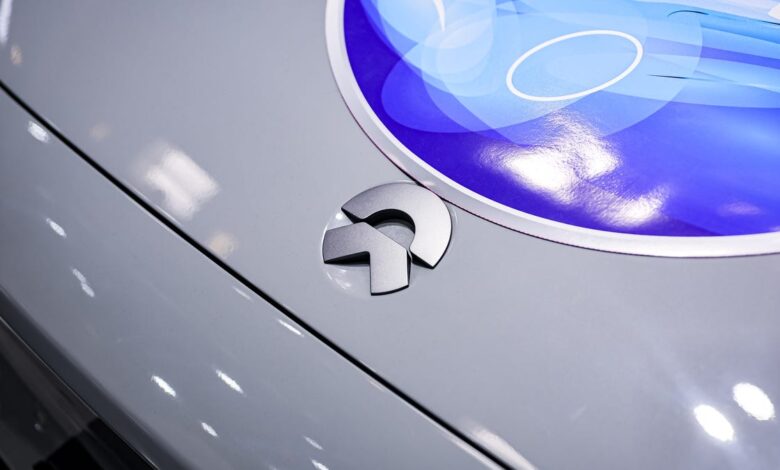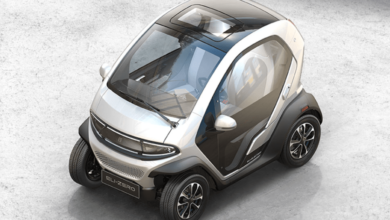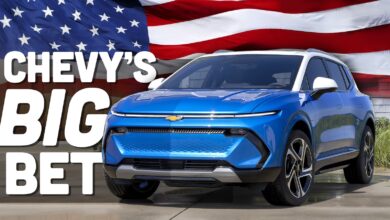Chinese EV maker Nio’s stock is down on weak sales and big losses

Shares of Chinese electric vehicle maker Nio are down Thursday after the company reported a wider-than-expected loss and sales below expectations.
The Shanghai-based automaker reported an adjusted net loss of $677 million in the January to March quarter. Analysts had expected a loss of $605.8 million.
Vehicle sales fell to $1.1 million, a decrease of 9% compared to a year earlier and 45% from the previous quarter. The company sold 30,031 vehicles last quarter, a 3.2% decrease that was expected after Nio slashed its guidance in March. But, thanks to lower material costs per EV, vehicle margins improved to 9.2% from 5.1%.
Nio stock sank more than 8% in trading on Thursday.
But the firm expects a much-better second quarter, predicting total revenue to be between 16.59 billion yuan ($2.28 billion) and 17.14 billion yuan ($2.36 billion). Analysts currently expect revenue far below that guidance, at 14.88 billion yuan ($2 billion).
In a statement, Nio chief executive officer William Bin Li said the company’s “industry-leading technologies” are allowing it to stay competitive despite a tough — and crowded — market.
In April, Nio launched the 2024 ET7 electric sedan, completing a refresh of all eight models it sold in 2023. And in May, the company unveiled the Onvo smart EV brand and the L60, an electric car meant to rival Tesla’s best-selling — but aging — Model Y and Toyota Motor’s RAV4.
Nio also plans to launch a new model each year under the Onvo brand, starting with a model targeted at larger families. The brand is expected to help Nio boost sales and increase profits when monthly sales reach 20,000 units.
Nio delivered 15,620 cars in April, a 134% year-over-year increase, and 20,544 vehicles in May, marking a 233.8% increase year-over-year. Deliveries for the second quarter are expected to be between 54,000 and 56,000 vehicles, or an increase of 129.6% to 138.1%.
The company has also invested greatly in EV infrastructure, including charging stations and battery-swapping, to help attract consumers and develop partnerships with fellow automakers. As of Thursday, Nio has battery swapping partnerships with seven companies, includes Changan Automobile and Geely, the Chinese company behind Zeekr, Volvo, and Polestar.
Li has said he expects Nio’s battery-swapping business to earn $10 billion annually when its user base grows by 100 times from its current 500,000 or so units. The company plans to add 1,000 additional swapping stations in 2024, taking Nio’s total to 3,415.



